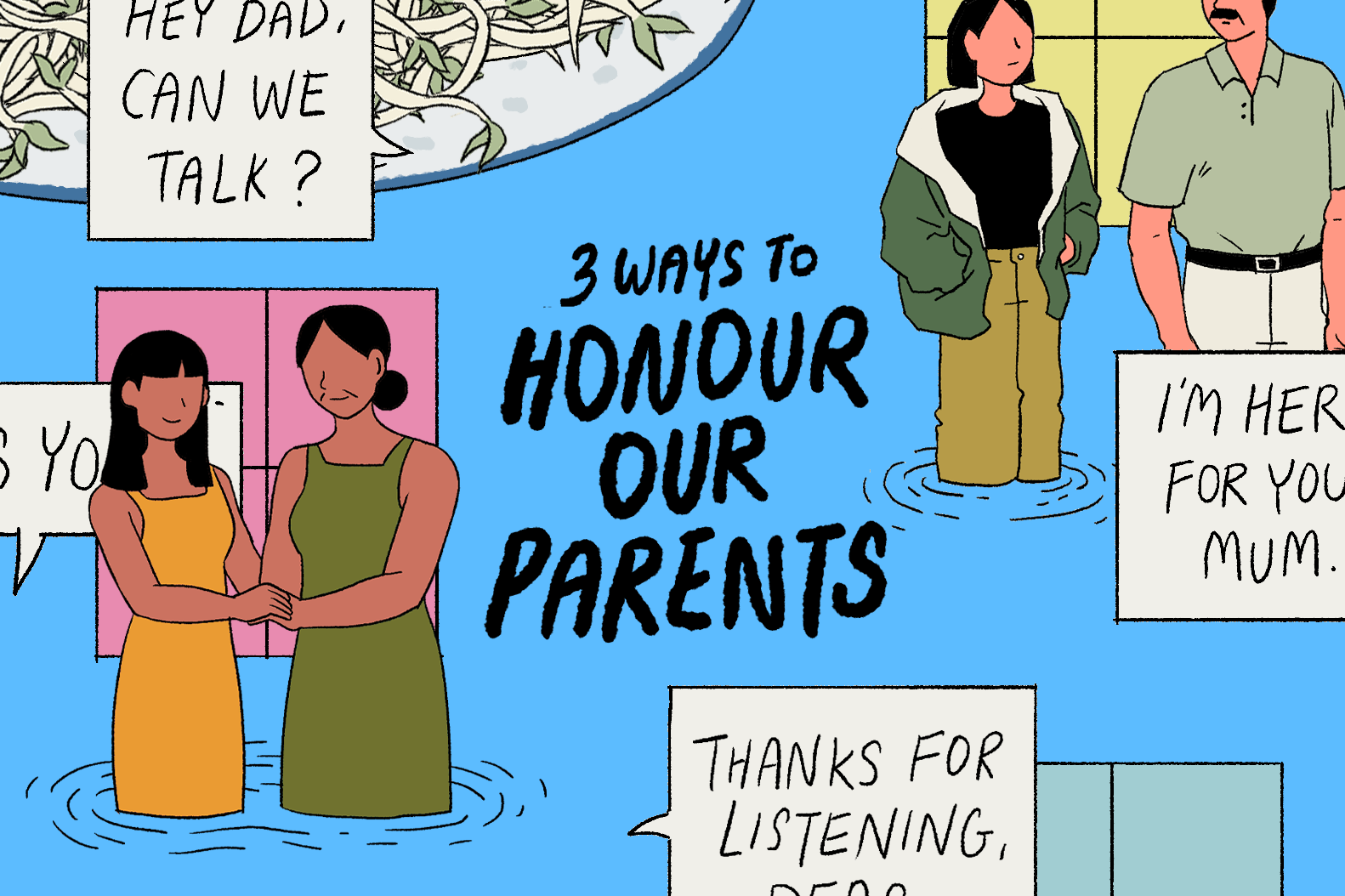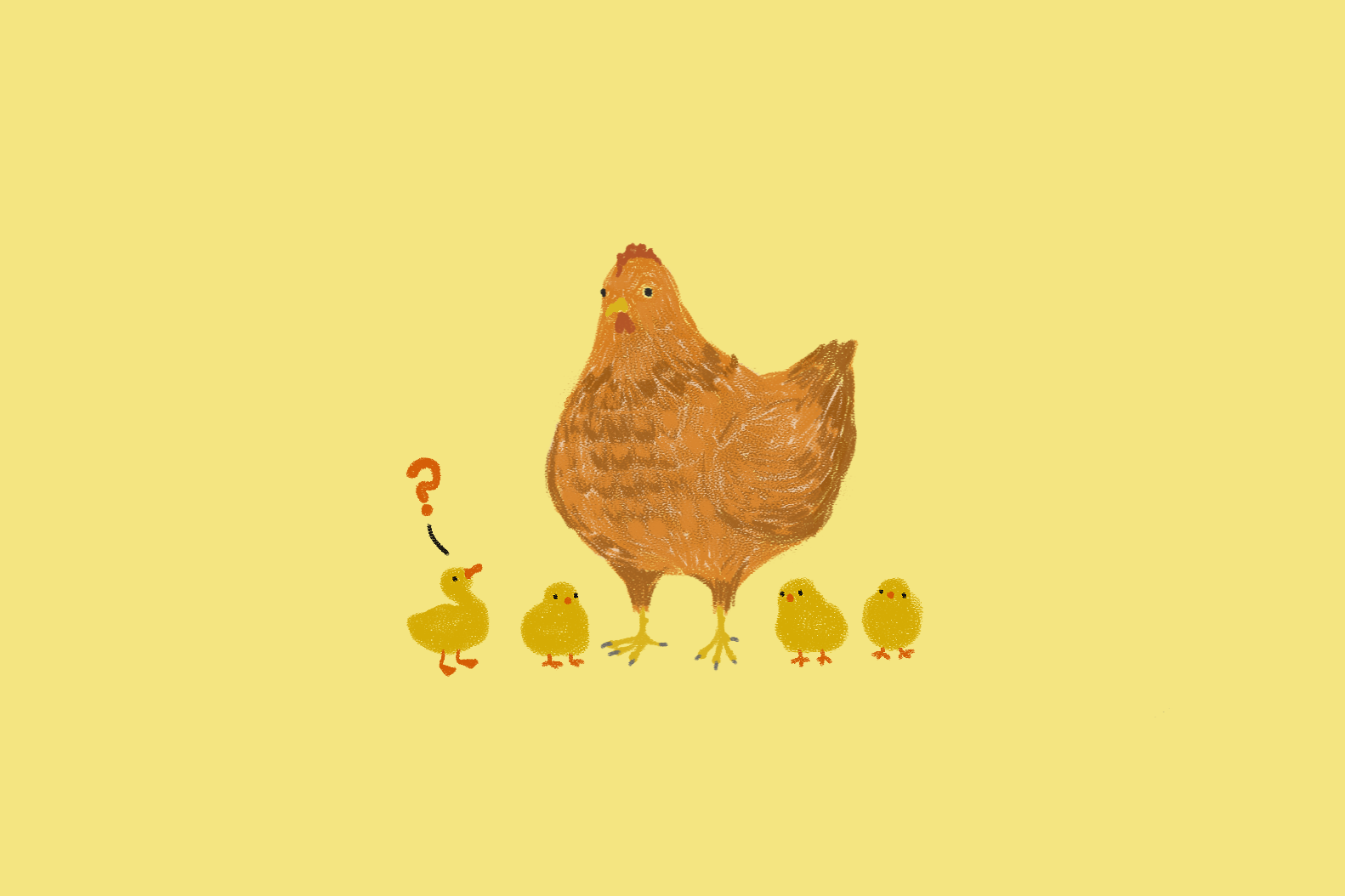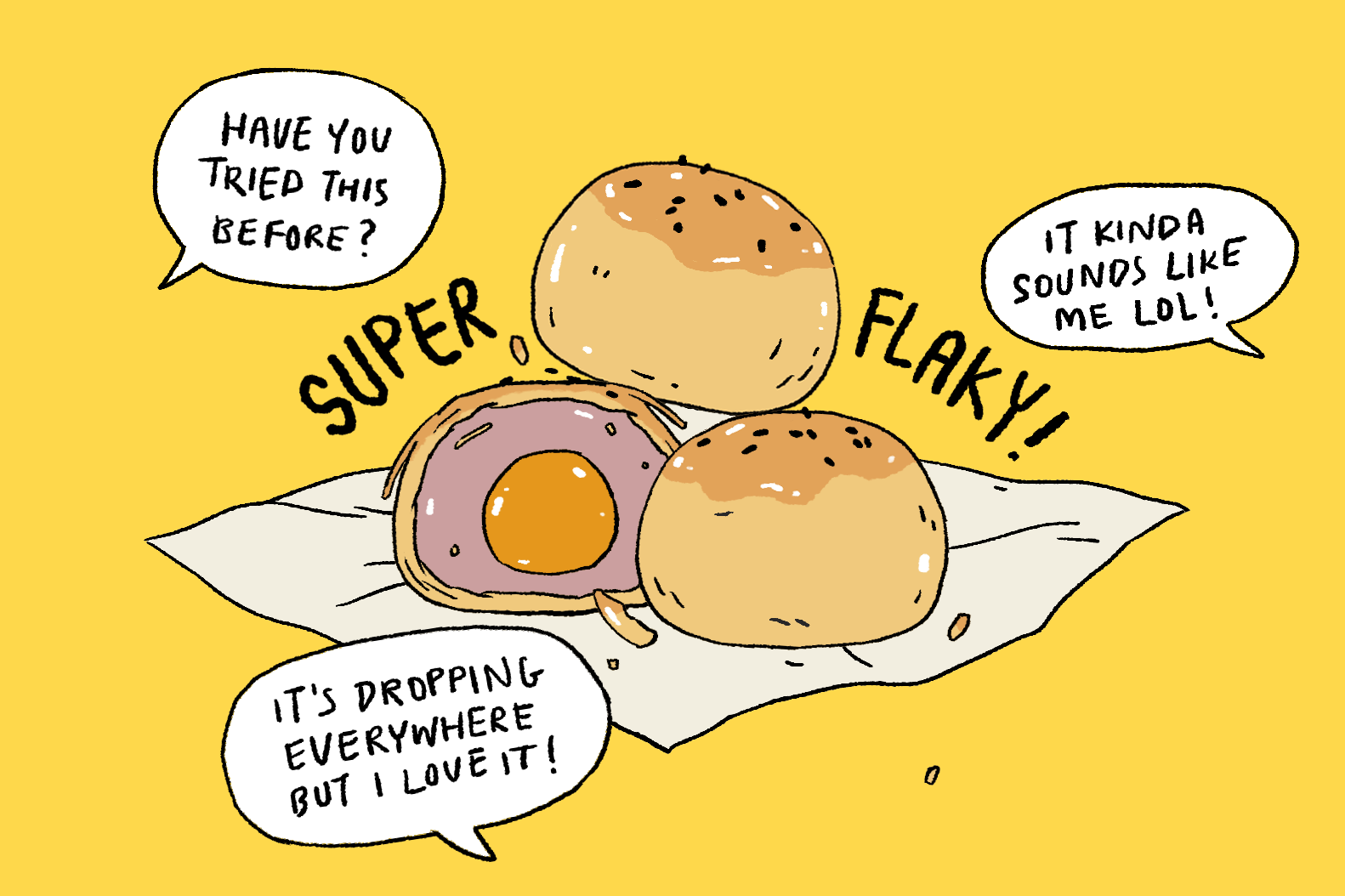There is one thing I realise that has changed drastically between my teenage years and adulthood: Friendships get harder to upkeep.
When we were younger, it seemed easier as we had less responsibilities; meeting up with friends could be organised in a jiffy. Now, we constantly weigh our options carefully before we choose to hang out or even reply a text.
It’s quite ironic, isn’t it? Everyone says, “let’s hang out!”, but the calendar is always full and sometimes we’d rather spend our only free day watching Netflix than commit to another social activity.
As we journey through life, friends inevitably come and go, disappearing once the season has run its course. When we reminisce about those “lost” friendships, we muse over why certain people left. On the other hand, we also have friends we know that aren’t the best influence, but yet we still keep them around.
Thankfully, some of us are blessed with at least one friend that we can always rely and depend on. And hey, if you don’t have that friend, Jesus has someone in store for you – we are all designed for community.
So the tricky question is… who exactly should we keep close, how do we be a friend that sticks closer than a brother (Proverbs 18:24). And more trickily, how do we know when to draw the line?
1. WHAT KIND OF FRIENDS DO WE WANT IN OUR LIVES?
Let’s be honest. You don’t need a lot of friends, just a few good ones – people you can keep on speed dial, the ones that respond with grace and will not hesitate to uplift you when the storms of life threaten to drown you.
Just like the story of the four friends and the paralysed man (Mark 2:1–12), there would not have been any opportunity for him to get help or healing from Jesus that fateful day, if not for the persistence and the help of his four friends.
Imagine how grateful that man was, and how encouraged his friends were when they saw the miracle occur before their very eyes!
How did he get the help he needed? His friends didn’t try to tell him to get better, or to try a better diet to get his legs working again.
Instead of using each other as an emotional crutch or a puke bucket, you can point each other to the answer, not be the answer.
The paralytic man had no choice, no hope and no way of saving himself. His friends brought him straight to Jesus, the only One who could save him from a situation he was entirely weak and powerless in.
And that’s the kind of friends we want to have. When we can’t save ourselves, do we have people in our lives that don’t point us to more self-help options, but to Jesus?
When it matters most, the friends you want in your life are those that will remind you that you have a Saviour who is ready to save you when you can’t save yourself.
2. WHAT KIND OF FRIEND DO WE WANT TO BE?
How many of us are guilty of listening only to respond?
But if we think about it carefully, the best friendships we have in our lives aren’t those that are always telling us what we ought to be doing, but the ones who are willing to listen first, comfort second and advise later.
“A friend is always loyal, and a brother is born to help in time of need.” (Proverbs 17:17 NLT)
It’s challenging to be a loving friend 24/7, let’s be honest. But we can make a conscious decision to be a lifeline of support when tough times come.
Just like the awe-inspiring bond that David and Jonathan shared (1 Samuel 18:1-3), where the two became blood brothers and had each other’s backs, we too, can approach our friendships asking, “what can I give or sow into this person’s life” instead of just “what can this person do for me?”
A generous spirit is an attractive spirit. And just because we can’t make time for everyone, it doesn’t mean we shouldn’t make time for the few we have chosen to matter.
We are called to be demonstrators of Jesus’ love, and we are only able to do all this out of a generous heart that comes from being in constant union with the Lord. As we draw from Him, we will be impacted by His love, and will be able to lavish it upon others without expecting that we should also receive something in return.
3. HOW DO I KNOW WHEN TO DRAW BOUNDARIES IN MY FRIENDSHIPS?
“Do not be misled: ‘Bad company corrupts good character.’” (1 Corinthians 15:33)
We can all think of pessimistic people we’ve met who suck the life out of us whenever we talk to them. While we want to have a generous spirit, if you leave certain conversations feeling emotionally drained, more fearful, bitter and skeptical than before, it might be time to reconsider how much time you spend with these friends.
Who you choose to be with today has more impact on who you become than you realise.
“The righteous choose their friends carefully, but the way of the wicked leads them astray.” (Proverbs 12:26)
So, if the people you’re surrounding yourself with don’t reflect who you want to become, it’s time to draw some boundaries.
4. WHAT DOES A HEALTHY FRIENDSHIP LOOK LIKE
“Two are better than one, because they have a good return for their labour: If either of them falls down, one can help the other up. But pity anyone who falls and has no one to help them up.” (Ecclesiastes 4:9-10)
They look like friendships that inspire you to grow and mature in your physical and spiritual walk, spark joy in your spirit whenever conversations are held and nudge you closer to your God-given destiny. They don’t compete or compare whose life is more “perfect”.
Instead of using each other as an emotional crutch or a puke bucket, you can point each other to the answer, not be the answer. Many times, the Lord can put what you need to hear in your friends’ mouths! He can lead them to say the right thing at the right time.
Just like how the Bible describes the church (Ephesians 4:11-16), we’re all blessed with different spiritual gifts, and we are one body of Christ – called to build each other up.
If you want to cultivate these kinds of friendships, but don’t know where to start, we recommend joining a care group in your local church. Within a community of like-minded believers, we pray that you find the faith-filled relationships you’re looking for.
You may not have the power to choose what you go through in life, but you can most definitely choose who you do it with!
This article was first published on Decibel and is republished with permission.









